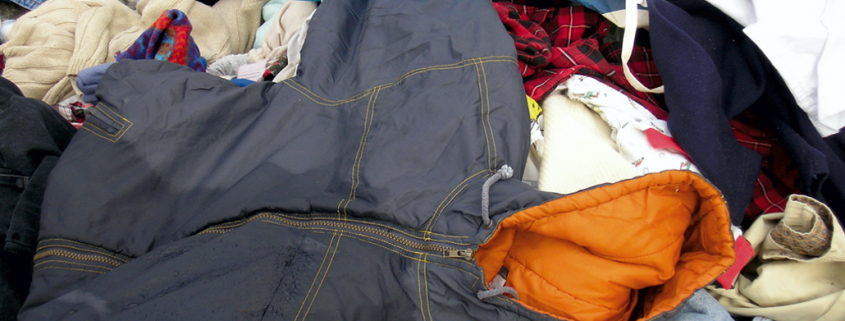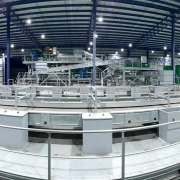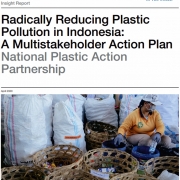Textiles: Sorting For Circularity
Netherland-based organization Fashion for Good – a global platform for innovation, made possible through collaboration and community with partners – has launched a new project to drive textile recycling.
The number of discarded textiles is increasing annually, with projections of further acceleration. Although some of this waste is reused, a significant proportion is diverted for recycling. For creating the necessary infrastructure to recycle these textiles effectively, it was important to understand their material composition. The current textile sorting system, which relies heavily on manual input, cannot provide accurate insights due to unreliable and absent clothing labels, Fashion for Good pointed out.
Therefore, the international organization has launched the Sorting for Circularity Project to address this challenge on a scale greater than ever before. “Bringing together key brands and industry leaders from across Europe, the project will conduct a comprehensive textile waste analysis using more accurate, innovative Near Infrared (NIR) technology, while also mapping textile recycler’s capabilities.” This research would aim at leading to an open digital platform to match textile waste from sorters with recyclers, enabling their alignment and building infrastructure towards greater circularity in the years to come.
“The aim of the 18-month project is to create a greater link between textile sorters and textile recyclers, stimulating a recycling market for unwanted textiles that can generate new revenue streams for sorters,” Katrin Ley, Managing Director of Fashion for Good, was quoted. “Traditionally, the sorting industry generates income through the sale of reusable textiles, with the remainder being downcycled, incinerated or landfilled. To achieve a circular system, a new end-market for non-reusable textile is required, with an infrastructure and digital matching system that can support activities of sorters and recyclers.”
According to the organization, the Sorting for Circularity Project is driven by Fashion for Good with catalytic funding provided by Laudes Foundation and facilitated by brand partners, Adidas, BESTSELLER, and Zalando, as well as Inditex as an external partner. Partner companies Arvind Limited, Birla Cellulose, Levi Strauss & Co., Otto and PVH Corp. are participating as members of the wider working group. Circle Economy leads the creation and implementation of the methodology, with support from Refashion, to assess textile waste composition. Both organizations build on their extensive experience from similar projects, such as the Interreg Fibersort Project and previous textile composition analyses.
As reported, the project brings together the largest industrial textile sorters in the North-West European region. That includes Boer Group, I:CO (a part of SOEX Group), JMP Wilcox (a part of Textile Recycling International) and TEXAID, “placing key industry players firmly at the heart of the project and driving the industry towards greater circularity”. The French accredited Extended Producer Responsibility (EPR) eco-organization Refashion, a key project partner, provides input into the methodology and leads the NIR scanner calibration. Aligning the Sorting for Circularity Project with their study in France ensures methodologies and findings can be standardized, compared and implemented on a larger scale, Fashion for Good gave account.
(Published in GLOBAL RECYCLING Magazine 2/2021, Page 22, Photo: Claudiodivizia / Dreamstime.com)







